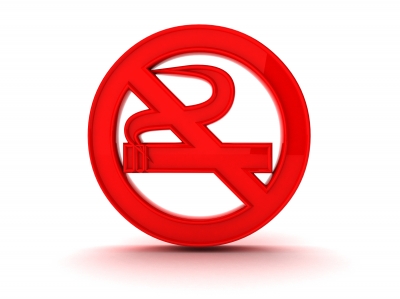
The first days of sobriety after addiction can be intensely difficult.
Image courtesy of Danilo Rizzuti / FreeDigitalPhotos.net
Maintaining sobriety in the first 90 days is VERY challenging. Here are 10 tips to help stay on track:
1. Make sure you don’t have any mind-altering substances in your house. This means getting rid of all alcohol and cleaning out your medicine cabinet. Even if you did not struggle with these drugs, it is easy to substitute one high for another if you feel desperate.
2. Get a sponsor. This means finding someone who has been sober for awhile that will call you daily to check on you. This is your go-to person when you get a craving.
3. Put barriers in place. If you used to buy from the guy who worked the 5 pm shift with you, get your work schedule changed to work with him as little as possible.
4. Find a social group that is sober. Often if you have used for any significant length of time, your friendships are built around drinking or using. Go to Alcoholics Anonymous, Celebrate Recovery or Narcotics Anonymous and start participating. You have to make new friends who know how to have fun without substances.
5. Rediscover old hobbies. There are things you used to enjoy doing before you used. Make a list of them. Realize that early in sobriety these things will not sound fun. Go do them anyhow. You will like them once you are doing them.
6. Write a letter to yourself. You will have moments when all you remember is the pleasure of the high or buzz. You will need to read a letter from yourself to address these cravings. It helps a lot if you can remind yourself how miserable you got, lonely and desperate you felt, and physically tired you became.
7. Do not isolate. Often the process of getting sober is depressing. While your brain recalibrates, you might feel a lot of anxiety or depression. It can be hard to reach out to people in those times. However, spending a couple hours with a friend or family member is very refreshing, and pleasantly distracting.
8. Do not date anyone who is newly sober. If you are going to date from the Recovery community, pick someone who has at least 1 year of sobriety. I have seen a lot of people relapse because they thought, “We can do this together.” Both you and the newly sober person have to rediscover who you are, and how to live sober. It is easy to accidentally drag each other down.
9. Go to counseling. It is very helpful to work on the why behind the addiction. Understanding what led you there in the first place helps avoid relapse.
10. Get to know God. This is the best and most proven method of getting sober. All the 12-step programs are based on a foundation that God has made you for a purpose, and you are meant to fulfill that purpose. To know that the God of the universe loves you, forgives you, and wants you is incredible, especially for recovering addicts who often feel worthless and full of shame.
You and your teenager are on an incredibly difficult journey. There are moments when it feels easy, but there are moments of intense struggle. It is always a challenge to go through something as hard as getting sober without your preferred emotional coping mechanism (getting high) because that is the very thing you’re giving up. Do not let go of hope that you will learn how to cope with this, and eventually you’ll feel glad to be sober.
Helping teens grow and families improve connection,
Lauren Goodman, MS, MFT


